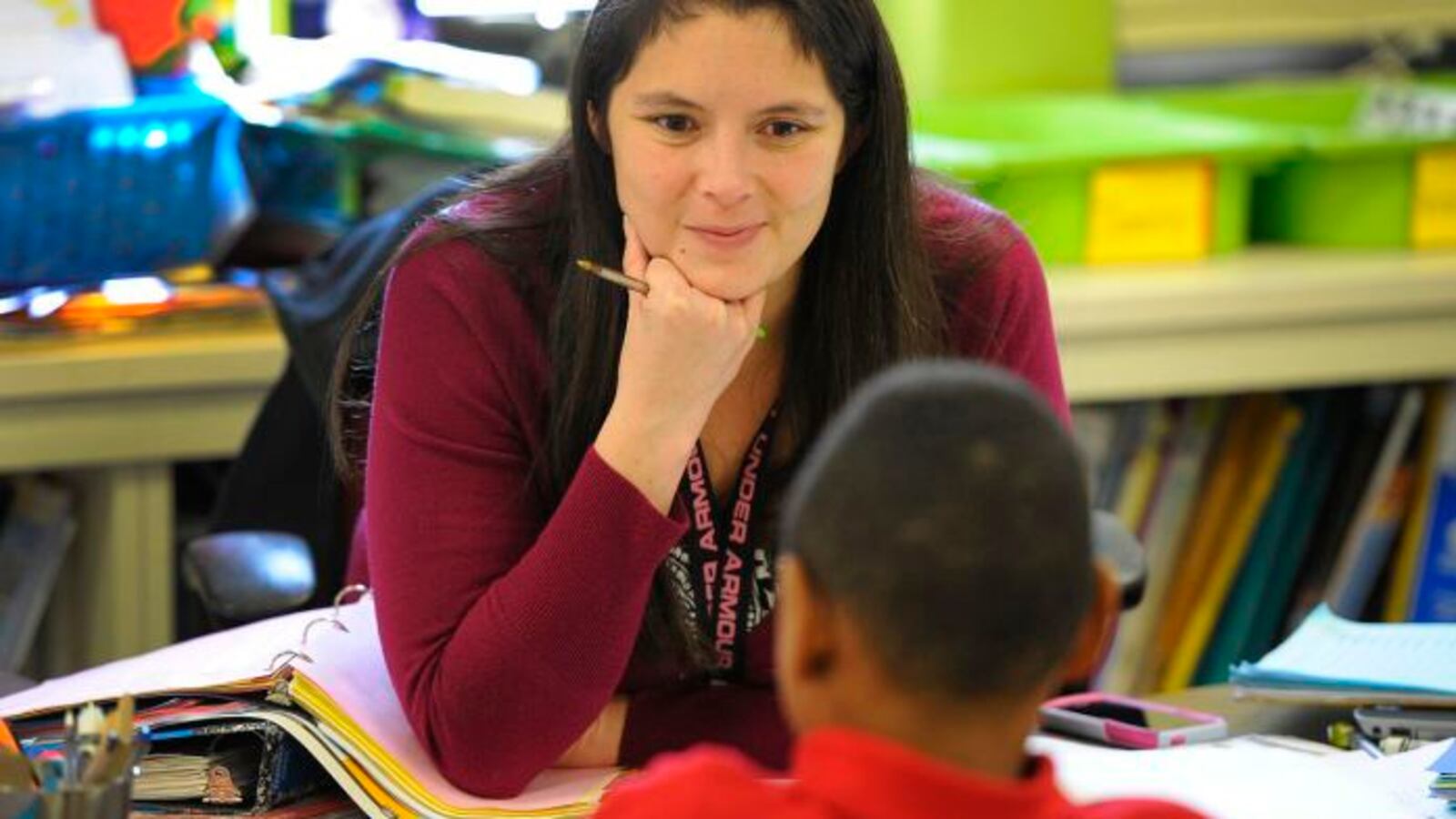A new Vanderbilt University study challenges the assumption that feedback is always a good thing, at least for student learning.
The study, conducted by Emily Fyfe, a doctoral student at Vanderbilt’s Peabody College of Education, suggests that once a lesson is taught, immediately telling students if they are solving problems correctly or incorrectly can lead to lower performance on subsequent problems and post-tests. If a student is working on problems before learning the material, however, immediate feedback is helpful.
“In general, the takeaway is that when you’re first introducing something and your students really don’t know much at all about the topic, giving feedback while they’re solving these problems seems really helpful. But maybe on the third lesson, when they clearly already have some knowledge, then it might be more beneficial to give them their own space to do some problem-solving,” Fyfe said Thursday.
Fyfe studied 108 second- and third-grade students in Nashville. One group received instruction on how to solve the problems; the other did not. All of the students were asked to solve a set of math problems. Some students solved all the problems without input from the tutor, while the tutor told the other students if their answer was right or wrong.
Among students who had received instruction, feedback hurt their results on a post-test. For students who didn’t receive instruction, the opposite was true.
One possible explanation is that the feedback may have distracted the higher-knowledge learners by drawing attention to their self-image and performance, Fyfe said. Feedback may have fixated their attention on whether they were right or wrong, and how getting a wrong answer reflected on their self-image, rather than on how to approach solving the problems.
“Although our natural inclination may be to step in and guide children through the difficult tasks, it may actually undermine their efforts and deprive them of the opportunity to make sense of the math problem on their own,” she said. “Under some conditions, we may need to refrain from ‘rescuing’ children by providing them with feedback, and instead let them struggle, engage and learn on their own.”
In addition to challenging the notion that feedback is always a good thing, Fyfe’s study reinforces that small changes to teaching approaches may significantly improve a child’s learning experience.
“More and more research shows that micro-level changes to instructional input can affect how children learn and understand mathematics,” Fyfe said. “This means that small, purposeful changes can help shape children’s understanding and performance in a positive way.”
Fyfe said past research on the value of teacher feedback to student learning has been mixed. Her study illuminates a possible reason for conflicting results: It depends on prior knowledge.
Fyfe’s findings are published in the most recent issue of the Journal of Educational Psychology. The paper is co-authored by Peabody professor Bethany Rittle-Johnson.
Fyfe plans to conduct a similar study involving middle school students.


